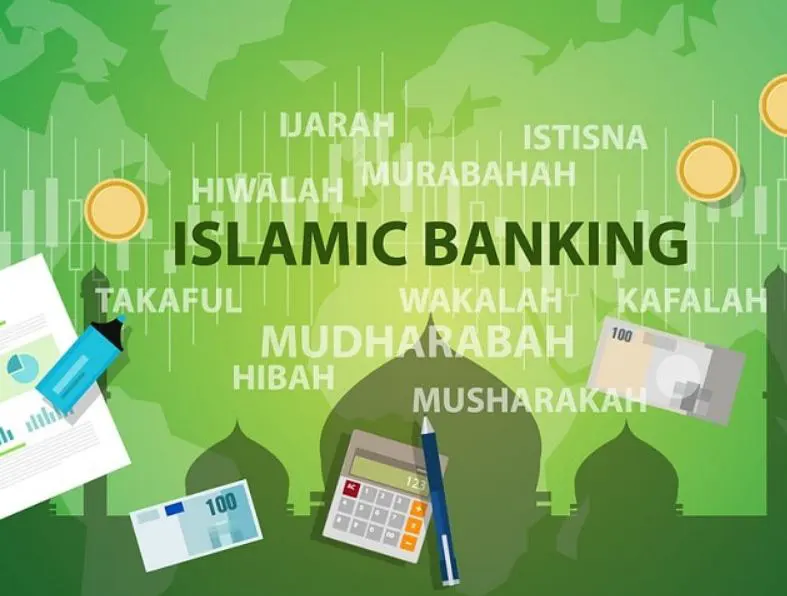Islamic banking in Bangladesh has two modules for profit distribution to Mudaraba depositors. One is weightage-based and the other is Income Sharing Ratio or ISR module. The former was introduced at the beginning of Islamic banking in Bangladesh in 1983. Since no method other than weightage, existed during that period, later Islamic banks also adopted the same.
Customers’ ignorance of operation of the weightage mechanism along with full dependence and misuse of ‘provisional rate of profit’ raised Shariah compliance issues on it. Main Shariah objection came against some Banks’ subsequent non-adjustment of actual rate of profit with provisional rate.
Apart from this, the calculation formula of this two-tier weightage system is complicated. A depositor neither clearly knows his actual profit-sharing ratio nor does he understand the implication of weightage to have his profit. He knows, he receives final profit at pre-declared provisional rate! According to Shariah, it is the responsibility of the bank to clearly inform a depositor, the rate of actual profit sharing. And a bank must do it at the time of signing the contract, that is, at the time of opening the account. Otherwise in the light of Shariah the contract is not valid.
In this backdrop, M Azizul Huq (1935-2020), who is known as the father of Islamic banking in Bangladesh designed an alternative method. He did it to protect the probable misuse of the weightage system, by any wrong-doers and to keep the profit-sharing ratio clearly informed to the customer. As such, for the first time in the country, he proposed the concept of Income Sharing Ratio or ISR method.
After accomplishment of its detailed procedure and accounting process, this ISR method was firstly introduced in Bank Asia in 2008. The special feature of this module is that the distinct ratio is fixed individually with each customer.
Provisional rate is not required and this module therefore, need no later adjustments which is a must under weightage. Under ISR module, actual or final profit can be provided to the customer once for all. The profit rate obtained in the ISR is always an ‘output’, which is consistent with the basic principles of Mudaraba contract as per Shariah.
The descriptions and comparisons of both methods as well as the limitations of weightage method are available in the book titled “Profit Payout to Mudaraba Depositors” (BIIT, Dhaka, 2012) written by M Azizul Huq. The book presents 6 different tables showing different problems of weightage. Therein he describes how the profit rate differs irrationally with the same weightage of a customer under different situations, not supposed to change his fate.
No such problem occurs in ISR. It is worthwhile to mention that Mr. Huq was the first CEO of IBBL, where Weightage system was also introduced under his leadership.
Bangladesh Bank issued the first guidelines for the supervision of Islamic banks in the country in September 2009. As the guidelines was a culmination of a historic long process, it did not include ISR, which was launched a year before the issue of the guidelines.
However, soon after this, Research Department of Bangladesh Bank in a meeting of the ‘working group on Islamic banking’ recommended inclusion of the ISR method in the guidelines and commented it to be more realistic. Central Shariah Board for Islamic Banks of Bangladesh (CSBIB) and Islamic Banks Consultative Forum (IBCF) have also made recommendations in favour of ISR.
As a result, about a dozen banks of the country started their Islamic banking operations following this modern ISR method. By understanding this method, millions of deposit customers are now able to realise the true beauty of Islamic banking.
Older Islamic banking operators were reluctant to convert into ISR from weightage as conversion process is a complex and costly undertaking. When Mr. Huq was the Vice Chairman of IBBL, a committee started working for introduction of ISR in IBBL. But it is yet to be implemented over there. However, the newly emerging dual banking operating banks are motivated to adopt the ISR.
They find this module straightforward which presents clear differences with their conventional counterpart. Moreover Shariah scholars also opine that the ISR system is very close to, or exactly equal to the Shariah concept.
We have been informed that since 2020 Bangladesh Bank has taken initiative to revise the Guidelines for Islamic Banking, 2009. In this context, we ensure that ISR process does not violate any of the principles outlined in the ‘Framework of Rate of Return’ of the guidelines of 2009. It is heard that, recently Bangladesh Bank has released the draft of revised guidelines and it has been sent to Islamic banks for feedback.
Though ISR is running in so many Islamic Banks and more Banks are coming forward to implement the same, it should not be discouraged. If Islamic Banks are given both options, either to use Weightage or ISR system, I hope user will once choose the better solution for profit distribution in future. Therefore, as a founding team member of ISR system in Bangladesh, I propose that the Revised Islamic Banking Guidelines should include the ISR module along with the weightage module for distribution of profits among Mudaraba depositors.— The Financial Express










